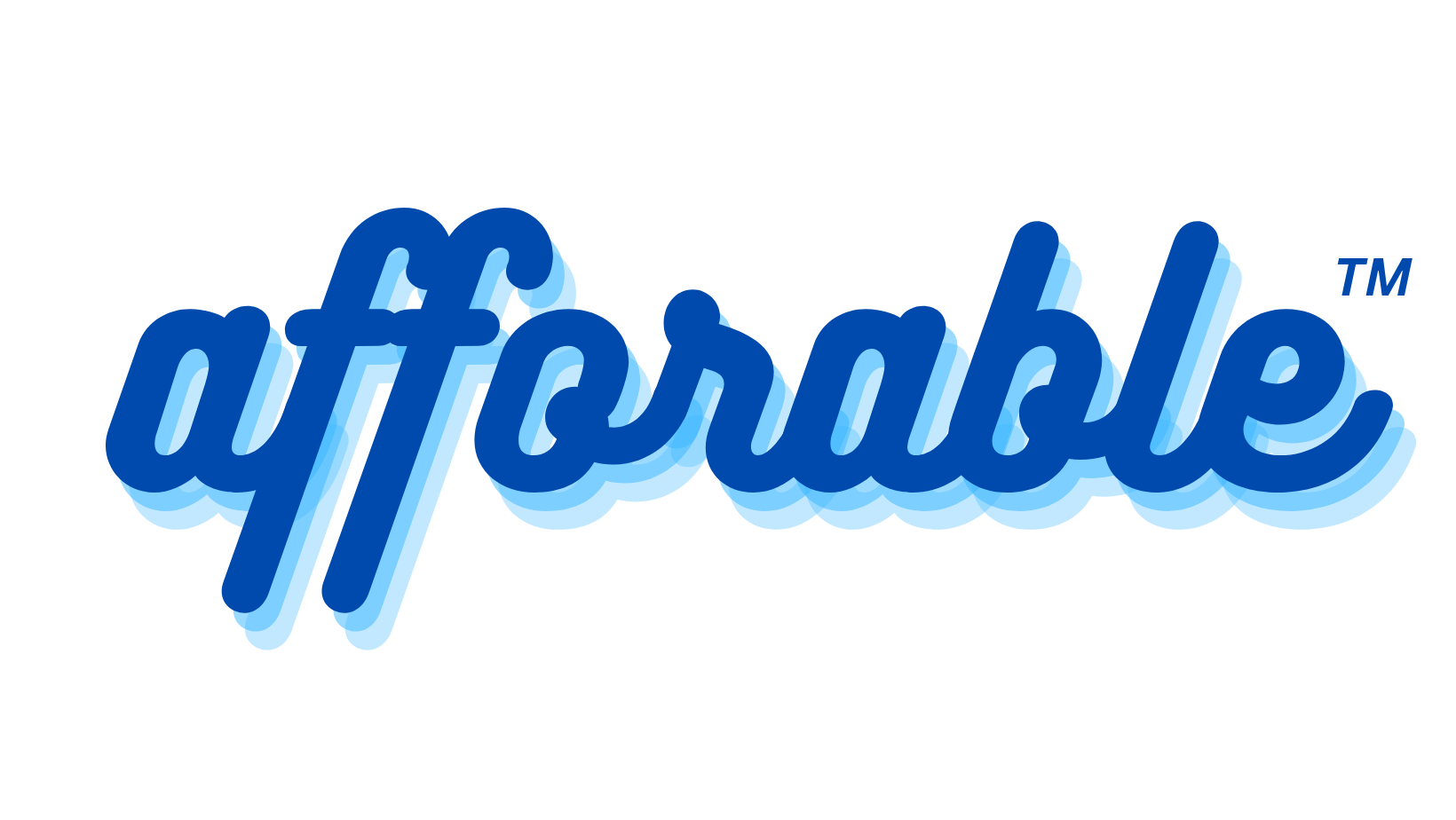The end of a health insurance policy can be a challenging and unsettling time, but it’s essential to understand that you have options and resources available to help you maintain your health coverage. In this article, we’ll explore what to do when your health insurance ends, providing you with a roadmap to ensure your ongoing access to healthcare services.
Know the Reasons for Coverage Termination
Understanding why your health insurance coverage is ending is the first step in making informed decisions. The most common reasons for the termination of health insurance include:
a. Job Loss: If you lose your job or your employer discontinues health insurance benefits, your coverage may end.
b. Aging Out of Parent’s Plan: Young adults who were covered under a parent’s insurance plan may lose coverage when they reach a certain age, typically 26.
c. Policy Cancellation: Insurance companies may cancel policies for various reasons, including non-payment of premiums or changes in the company’s offerings.
d. Qualification Changes: If you no longer meet the eligibility criteria for certain government-sponsored programs, such as Medicaid or Medicare, your coverage may end.
Explore Your Options
Once you understand the cause of your insurance ending, it’s time to explore alternative options:
a. COBRA Continuation: If you lost your job, you may be eligible for COBRA (Consolidated Omnibus Budget Reconciliation Act) coverage, which allows you to continue your employer-provided insurance for a limited time. Be prepared to pay the full premium, but it can provide you with a temporary safety net.
b. Healthcare Marketplace: The Health Insurance Marketplace offers a platform where you can compare and purchase health insurance plans. Open enrollment periods typically occur annually, but certain life events, like job loss, may qualify you for a special enrollment period.
c. Medicaid: If your income falls within the eligibility criteria for Medicaid in your state, you can apply for this government-funded program that provides health coverage to low-income individuals and families.
d. Medicare: If you are age 65 or older, or if you have specific disabilities, you may be eligible for Medicare, a federal health insurance program. Ensure you understand the enrollment process and deadlines.
e. Short-Term Health Plans: Short-term health insurance plans can provide temporary coverage, usually up to a year. These plans are more affordable but may not provide the same level of coverage as comprehensive plans.
Act Promptly
Time is of the essence when your health insurance ends. It’s crucial to act promptly to ensure continuous healthcare coverage. The longer you go without coverage, the more vulnerable you are to unexpected medical expenses.
Seek Assistance
If navigating the process of obtaining new health insurance is overwhelming, you can seek assistance from healthcare advocates or insurance brokers. They can provide guidance and help you find the best plan to fit your needs and budget.
Budget and Plan
Health insurance can be a significant financial commitment, so it’s essential to budget for your premiums and out-of-pocket expenses. Consider your healthcare needs, anticipated medical costs, and any subsidies or assistance programs you may qualify for.
Conclusion
Facing the end of health insurance coverage can be stressful, but it’s not the end of your access to healthcare. By understanding why your insurance is ending, exploring your options, acting promptly, and seeking assistance when necessary, you can navigate this transition successfully and ensure that you continue to have the healthcare coverage you need to stay healthy and financially secure. Remember, there are resources and professionals available to help you make informed choices about your health insurance after it ends.

